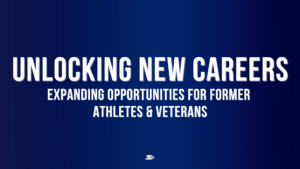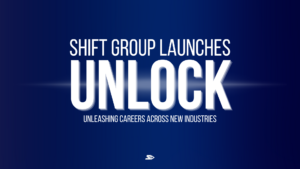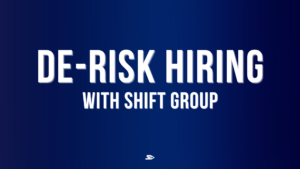October 20, 2022
Bhupendra Rathod
Organizational Excellence
If you’re looking for BDRs, pay special attention to where people come from. Playing hockey for Boston College and Team USA is an incredible training ground for operating at the highest level. Maybe not all of your candidates come from such high profile organizations, but it might pay to research where your candidates spent their athletic careers. Reach out to their coaches and ask questions about what it’s like to play for the teams they’ve played for. Athletes like Haley have experience in BIG moments supplemented with conditioning and toughness that will be unmatched by other interviewees. If you’ve spent a decade competing for ice time with some of the best players in the world, you’ll show up with a set of attributes that will directly carry over into your sales career.
Gold Medalist to BDR
Haley describes her transition from winning a gold medal in South Korea to logging into SFDC every day as jarring. This is normal. It’s hard to restart and reinvent yourself. You should expect some tough days as you find your footing. Here are a few ideas to help:
- Find a mentor who’s done it. People want to help.
- Acceptance. Just like sports, you can’t really skip the development period. You have to carry the water bottles again.
- Build your cabinet. A small trusted team of family and friends who will support you.
- Don’t forget what got you where you are. Continue to train and take care of yourself.
- Consider extra support like counseling.
- Be selective about where you land. The people that you’ll go to work with every day are the most important consideration in selecting an employer.
- If you’re researching potential employers and you feel naturally curious about a company or its product, pay attention to that. If you’re googling for more info in your free time, you might have found your spot.
Haley attributes a large chunk of her early success to “having a motor”. Having a motor is the ability to generate a high volume of quality work over the long haul.
We often forget that one of the simplest (not easiest) ways to succeed as a BDR is to work at a fast pace while maintaining high standards of quality. I’ve never seen someone lead their team in calls and touches and not succeed.
Getting to a Closing Role Fast
If you’re reading this blog, we’re all motivated by money and we all want to go fast. Haley thinks speed to promotion is not the most important metric. Think about readiness over speed. If it takes twenty months instead of sixteen, those four months will feel like the blink of an eye over a career, but investing the time to make sure you’re ready could be the difference between being a decent AE and a top performer.
Being a Great Teammate
A critical aspect of doing the job well is finding a solid operating cadence with your teammates. The BDR to AE relationship is important to nail. When you first start as a BDR, you’ll likely support one to four AEs. Pay attention to the ones who seem most interested in helping you. A good AE will be interested in building a working relationship built on trust. Over time, they will let you go further and further into a sales cycle. A good AE will get you ready to become a good AE. When you do get promoted don’t forget to reach back and take a BDR with you.
We always close an episode by asking our guests what “being a pro” looks like. Here’s what Haley said.
- Natural curiosity
- Customer focused
- Making their team better
It’s obvious that to be a Pro, you’ll need to perform and put up numbers. But what kind of an impact have you had on your teammates? Have people gotten better because they’ve spent time working with you? That’s the ultimate teammate.


